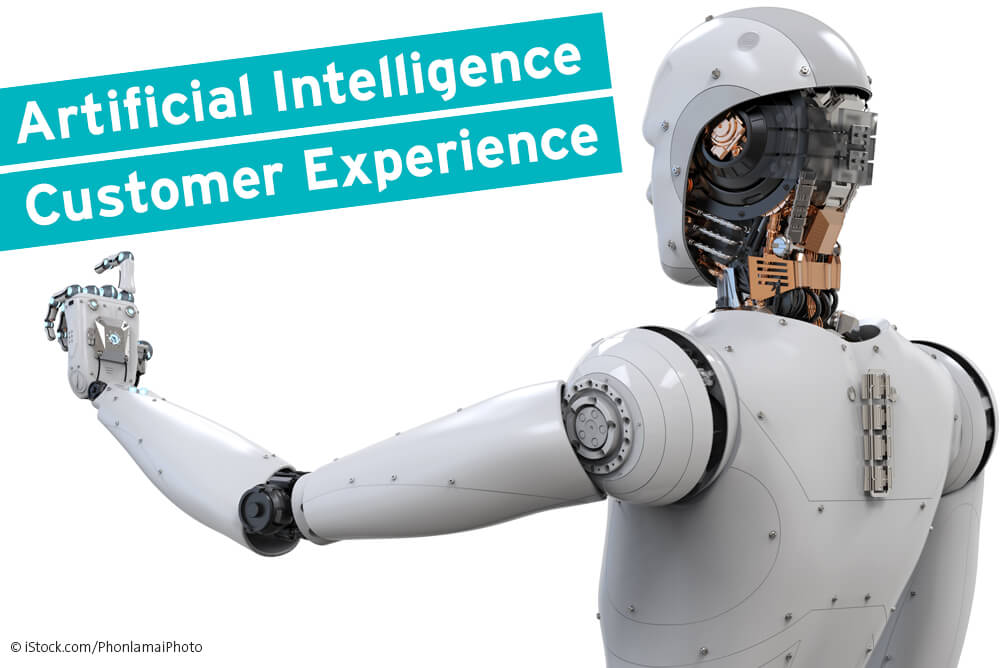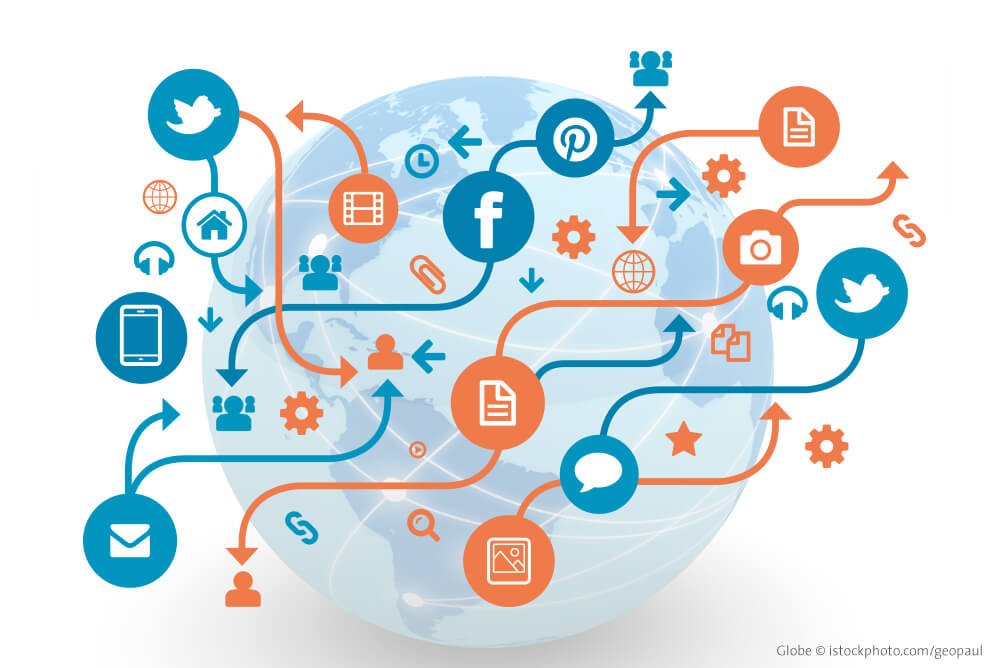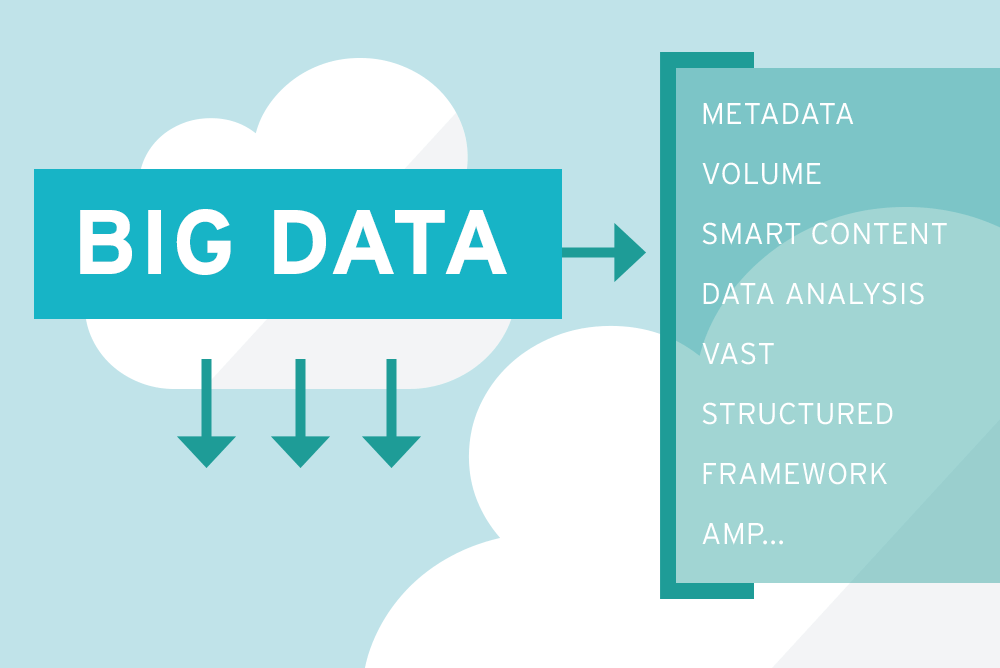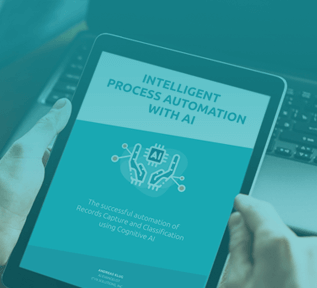How Small Businesses Are Using AI and Winning at It
As human beings, we have a penchant for machines doing our mundane tasks for us. The industrial age mass-produced the toaster, the electric kettle and the washing machine as prevalent “labor-saving” devices, and they eventually became part of our everyday life.
The progression to artificial intelligence (AI) makes sense in that context. Artificial intelligence — the latest buzzword in the business world — has already proven effective at automating repetitive tasks in sales and marketing, accounting, HR and more.














